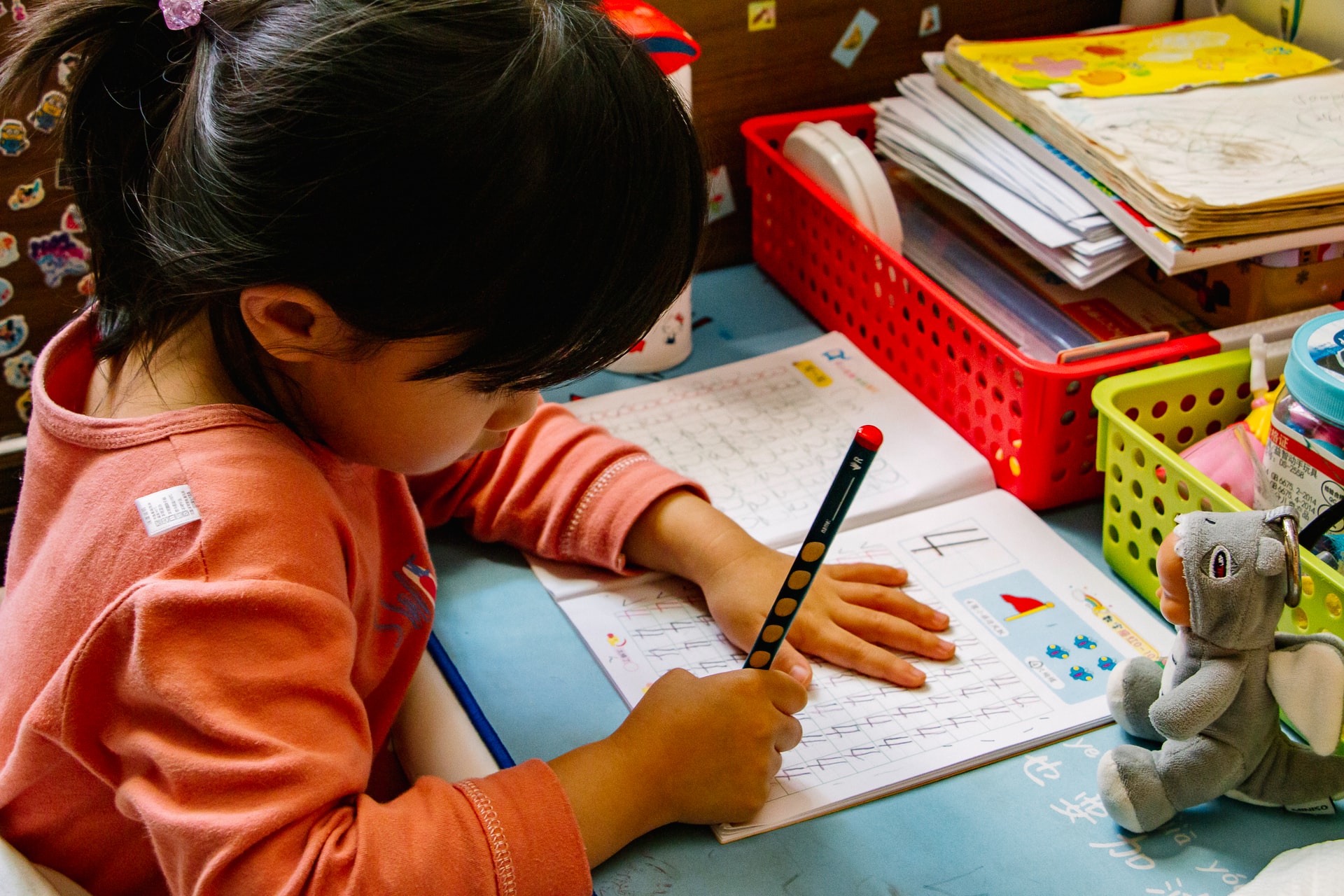Tactics to Support Learners with LD and Anxiety

It can be difficult for children with learning disabilities or anxiety to maintain the same learning pace as other students, which can become disturbing for them. As parents and teachers must consider their needs, here’re some tactics to support these children appropriately.
Spending Time with Them Separately
If you observe a student struggling with a particular assignment or concept, manage some time to provide them with additional support. Always try to ensure that they can access you if they’ve got certain concerns or questions regarding the class. Initially, you may start to approach them to help them become comfortable with you, but if you’re helpful and kind, they should start willingly coming to you for help. However, some students may like to meet with you somewhere other than the classroom so that they don’t attract the attention of others. Teachers must learn how to talk to students concerning learning disabilities and anxiety effectively so that they can feel comfortable in class.
Dividing Assignments into Smaller Parts
It might be more difficult for children with learning disabilities and anxiety to proceed according to lessons and new information. Therefore, take some additional time to make it easier for them. Teach them the assignment’s one section at a time to make sure they don’t become inundated with excessive new information. If they require any extra explanations about particular sections, don’t hesitate to meet with them to help them deal with particular steps and provide them with additional time if required.
Identify an Extracurricular Activity or Social Setting They’d Enjoy
To improve students’ comfort levels at school, it can be an effective idea to identify an extracurricular activity or class that they’ll enjoy, such as sports, music, or arts. When children learn about subjects they like in a setting with other students that enjoy these things, it can help them feel more comfortable at school altogether. At times, learning can be strenuous for them if the subjects are excessively difficult for them or if they feel uninterested in the subjects. In terms of learning, it may help them feel more relaxed if you ensure they’ve got a happy place at school.
Ensuring All Teachers Are Well-Informed
All teachers that interact with children at school should have the knowledge of any needs and disabilities. Even if it isn’t a major issue, the more knowledge they have about each student, the more they’re able to help them in the classroom. In case you’re their homeroom teacher and want to take them to another place for a different subject, it’s prudent to quickly talk with the other teacher(s) to ensure they know the situation. Children generally dislike any attention brought to their learning disabilities or anxiety, so if all teachers are well-informed and ready to help as required, it can help to build a finer learning environment for every student.
Closing Thoughts
When a pupil has a learning disability or anxiety, sometimes they may take more time to finish assignments and learn, but that doesn’t signify that they’ve to hate school. When they have a caring community of teachers to help them, they can effortlessly feel more accepted in class and be at an equal level as their peers. It’s the responsibility of the teachers to help support these students to make sure that they have a successful learning experience similar to all other students.






